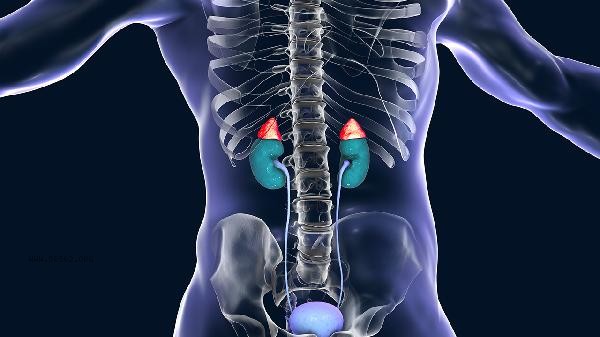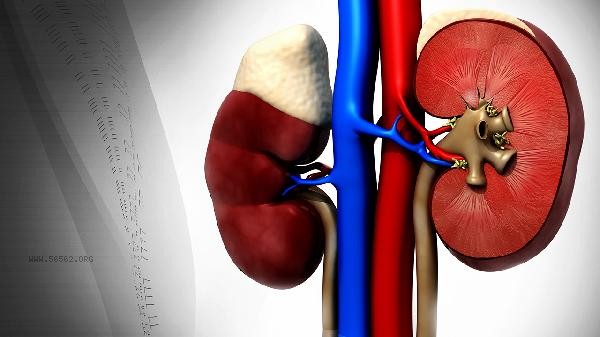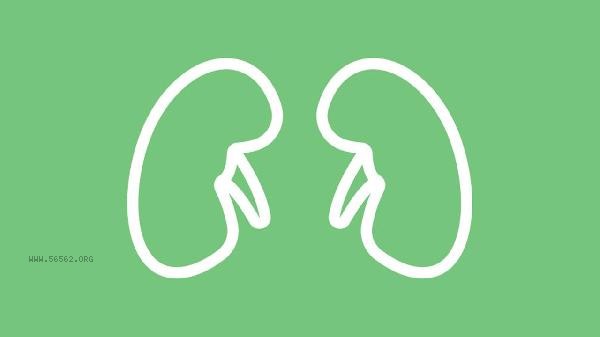Elevated levels of urea nitrogen and creatinine usually indicate abnormal kidney function, which may be caused by factors such as dehydration, high protein diet, urinary tract obstruction, chronic kidney disease, acute kidney injury, etc. Renal function assessment should be combined with comprehensive judgment such as urine routine and glomerular filtration rate.

1. Dehydration:
Excessive sweating, diarrhea, or insufficient water intake in the short term can lead to blood concentration, and relatively high concentrations of urea nitrogen and creatinine. This physiological elevation can be rapidly improved by fluid replacement and is usually not accompanied by other indicators of renal dysfunction.
2. High protein diet:
Excessive intake of protein foods such as meat, eggs, and milk can increase nitrogen-containing metabolites, leading to an increase in urea nitrogen levels. After adjusting the dietary structure, indicators can return to normal, and creatinine levels are generally not significantly affected.
3. Urinary tract obstruction: When urinary obstruction is caused by kidney stones, prostate hyperplasia, etc., metabolic waste cannot be discharged normally. It may be accompanied by symptoms such as difficulty urinating and lower back pain, and ultrasound examination can provide a clear diagnosis.

4. Chronic kidney disease:
Long term hypertension, diabetes, etc. will cause a continuous decline in the glomerular filtration rate, which is manifested as a progressive increase of two indicators. Usually accompanied by symptoms such as anemia and edema, regular monitoring of renal function is necessary.
5. Acute kidney injury:
Drug toxicity, severe infections, and other sudden factors can lead to a rapid deterioration of kidney function. In addition to a sudden increase in indicators, there may be critical situations such as decreased urine output and electrolyte imbalance.
When abnormal indicators are found, they should be rechecked and confirmed to avoid testing immediately after intense exercise. It is recommended to control the daily protein intake at 0.8-1 grams per kilogram of body weight, and prioritize high-quality protein such as fish and soy products. Maintain a daily water intake of 1500-2000 milliliters, and hypertensive patients should strictly limit salt intake. Regularly monitor blood pressure and blood sugar, avoid using nephrotoxic drugs, and seek medical advice in case of continuous foam urine or increased nocturnal urine.










Comments (0)
Leave a Comment
No comments yet
Be the first to share your thoughts!